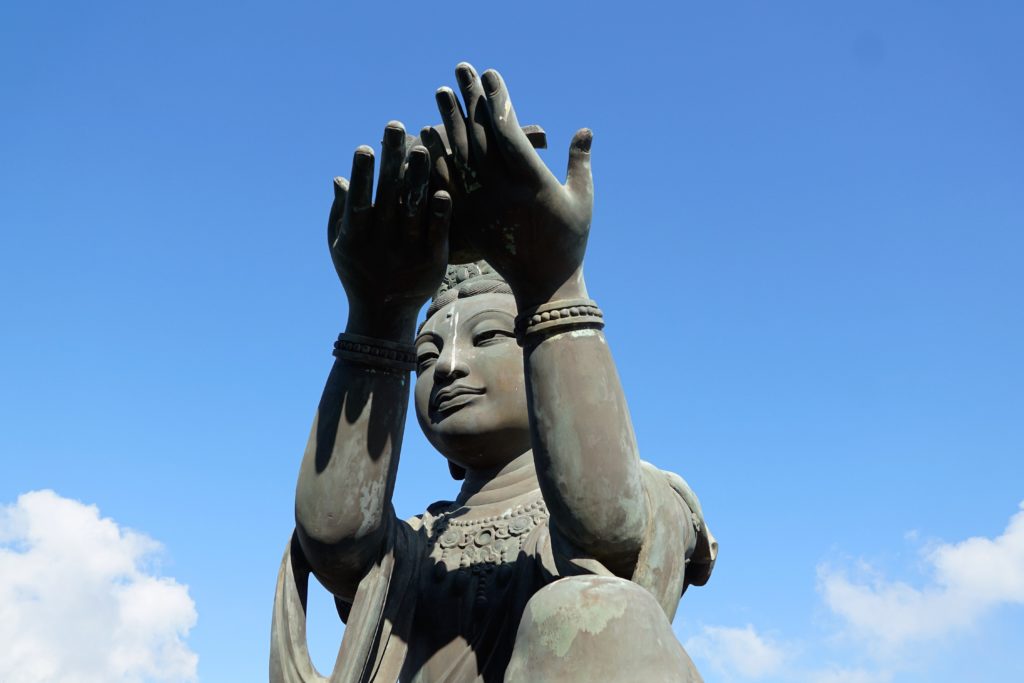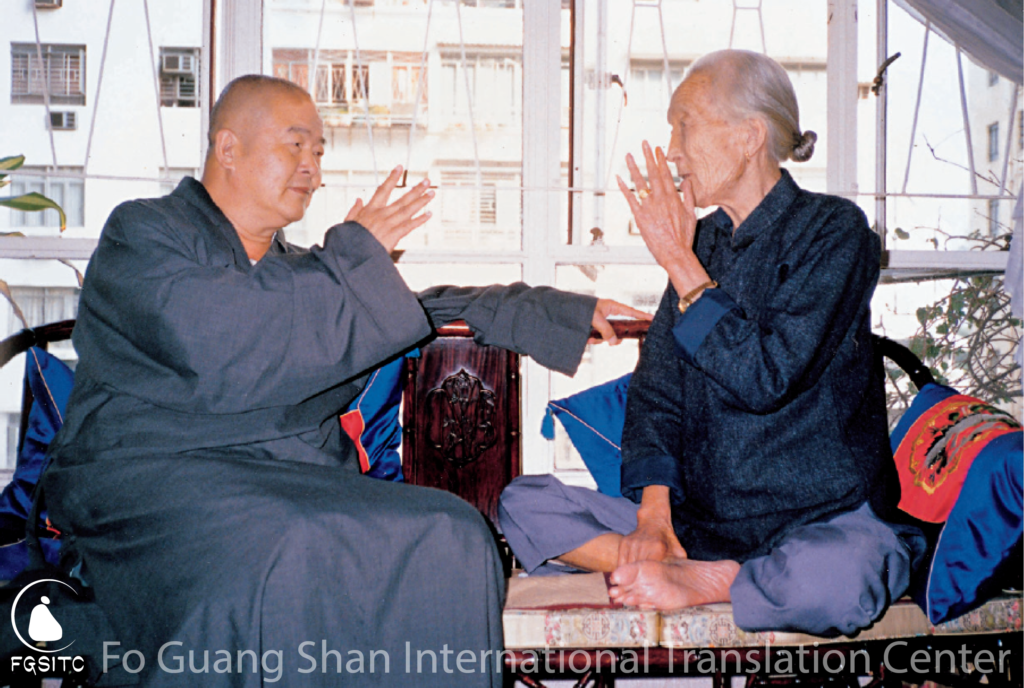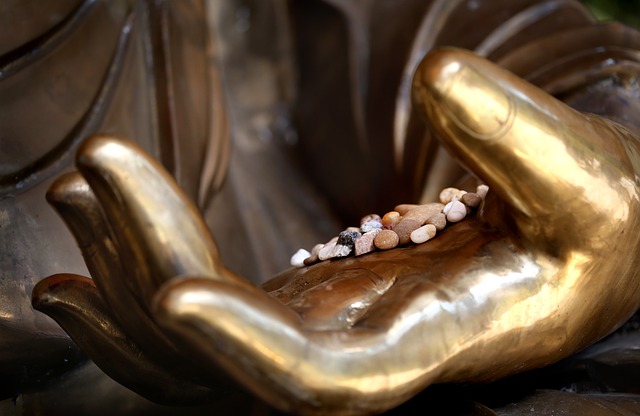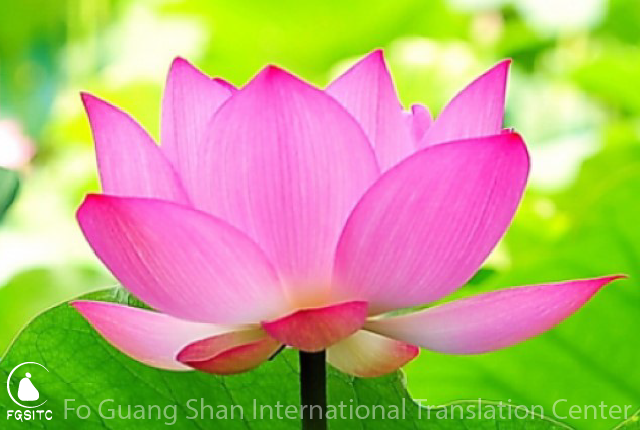“True Dharma” means those teachings which are right, correct, and do not deviate from the Middle Way.
The word “Dharma” has several different meanings. One meaning
of “dharma” is “phenomena.” In this sense, “dharma” includes phenomena as large as the universe and as small as a mustard seed. “Dharma” also refers to the truth, the teachings of the Buddha.
The Dharma the Buddha taught is what allows people to open their “Dharma eyes” to truly see all phenomena, develop wisdom, and enter nirvana. Such teachings include those on cause and effect, the nature of emptiness, and dependent origination, as well as the Four Noble Truths: the truth of suffering, the truth of the cause of suffering, the truth of the cessation of suffering, and the truth of the path to the cessation of suffering. Other important elements of the Dharma include the three Dharma seals and the four immeasurable minds.
In short, teachings that benefit humankind are “true Dharma.”
Those teachings which do not benefit humankind are “false Dharma.” The difference between beneficial actions and unbeneficial actions has a considerable impact on whether a given person’s future is wholesome or unwholesome. Affliction and suffering is frequently a byproduct of a cycle of false Dharma. For example, greed for money, fame, and profit are all “false Dharma.” Trying to fulfill one’s desire for such things is like trying to fill in a valley with dirt. How is it possible to avoid suffering in this life?
Many people say they know they should rejoice in the true Dharma, but in reality we embrace false Dharma all the time, and enjoy listening to false teachings. For example, in the media there are constantly stories on gossip, scandal, negativity, and other frivolous business. If someone does something good, the media will ignore it. But, if you make a mistake, it will be covered extensively. When asked why this is so, journalists always answer, “That’s what the readers want!”
If a person does not go down the right path, they will go down the wrong path. This can be dangerous. The right path in Buddhism is called the “Noble Eight-fold Path,” and consists of eight true Dharma teachings we can practice in this life: right view, right thought, right speech, right action, right livelihood, right effort, right mindfulness, and right meditative concentration. The Noble Eight-fold Path is a code of moral conduct that everyone should follow. If we can delight in the true Dharma we can build satisfying lives for ourselves.
From Ten Paths to Happiness, written by Venerable Master Hsing Yun.
Image from Pixabay.













